Seafood ‘holds promise’ for meeting global nutritional needs in the face of climate change
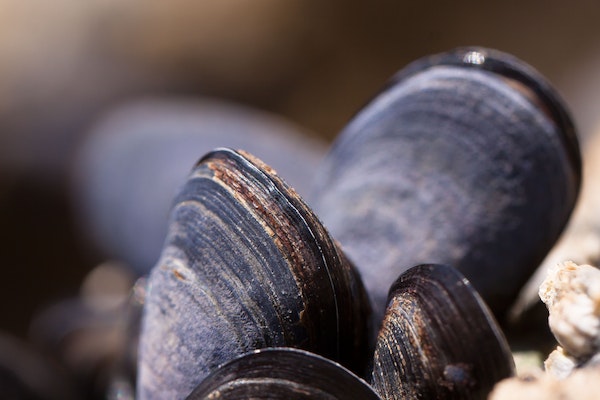
Replacing meat with seafood could offer a more nutritious and climate-friendly diet, according to a new study from Dalhousie University. With a growing world population and the effects of climate change threatening food security, the researchers say that seafood “holds promise” for helping to meet global nutritional needs at a low climate impact.
“Our work has shown that seafood can provide greater nutrition to people at a lower rate of greenhouse gas emissions than beef, pork and chicken,” says Dr. Peter Tyedmers, a professor at Dalhousie University’s School for Resource and Environmental Studies.
Tyedmers worked with colleagues in Sweden to analyze the nutrient density and climate impacts of globally important sources of seafood from a broad range of fishery and aquaculture operations. They found that wild-caught salmon, herring, mackerel and anchovies, as well as farmed mussels and oysters, had the lowest climate impacts relative to their nutritional value. Half of the seafood species had a higher nutrient density and emitted fewer greenhouse gases than beef, pork and chicken.
In contrast, both farmed and wild-caught crustaceans, like shrimp and lobster, and cephalopods, such as squid and octopus, all result in higher-than-average seafood emissions while providing lower-than-average nutritional scores.
The findings, which were recently published in Communications Earth & Environment, suggest that policies to promote seafood in diets as a substitute for other animal protein could improve future food security and help address climate change. The growing population is faced with the challenge of meeting dietary nutrition needs while reducing greenhouse gas emissions. Seafood is known to be a good source of protein, fatty acids, vitamins and minerals.
“While many hurdles need to be overcome, we have the potential to reshape seafood production and consumption towards species that optimize nutrition while minimizing climate emissions in terms of which species are produced and how,” wrote the paper’s authors. “We recommend refocusing and tailoring production and consumption patterns towards species and production methods with improved nutrition and climate performance, taking into account specific nutritional needs and emission reduction goals.”
It’s estimated that seafood accounted for 17 percent of the world’s intake of animal protein in 2017. The authors say that while much of the public debate around diet is focused on the so-called “green shift” to plant-based alternatives, not enough attention is given to a possible “blue shift” in which aquatic-sourced foods play an increasingly important role.
Now that you've reached the end of the article ...
… please consider supporting GSA’s mission to advance responsible seafood practices through education, advocacy and third-party assurances. The Advocate aims to document the evolution of responsible seafood practices and share the expansive knowledge of our vast network of contributors.
By becoming a Global Seafood Alliance member, you’re ensuring that all of the pre-competitive work we do through member benefits, resources and events can continue. Individual membership costs just $50 a year.
Not a GSA member? Join us.
Author
Tagged With
Related Posts
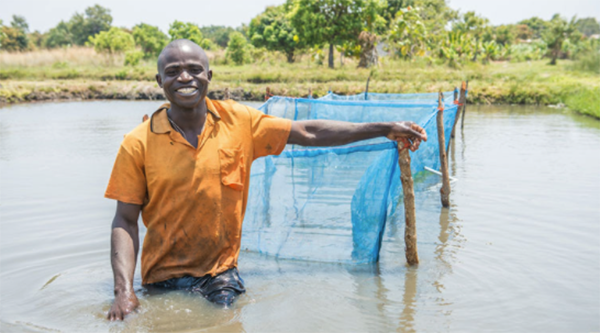
Responsibility
‘Aquaculture could feed the world,’ concludes International Labour Organization
An International Labour Organization technical meeting affirmed that aquaculture has enormous potential to feed the world, but there are challenges to harnessing its full power.
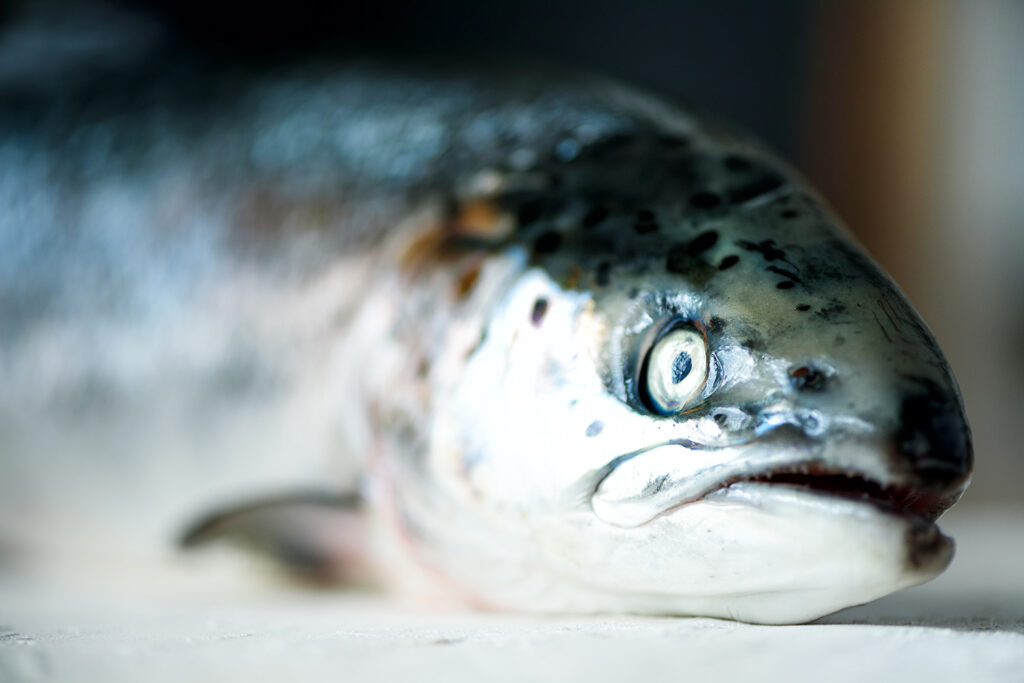
Intelligence
Canadians largely support ocean-based salmon farming, yet farms are being shut down
Amid a dizzying landscape of passions and politics, a recent survey showed the confusing messages Canadians are getting about salmon farming.
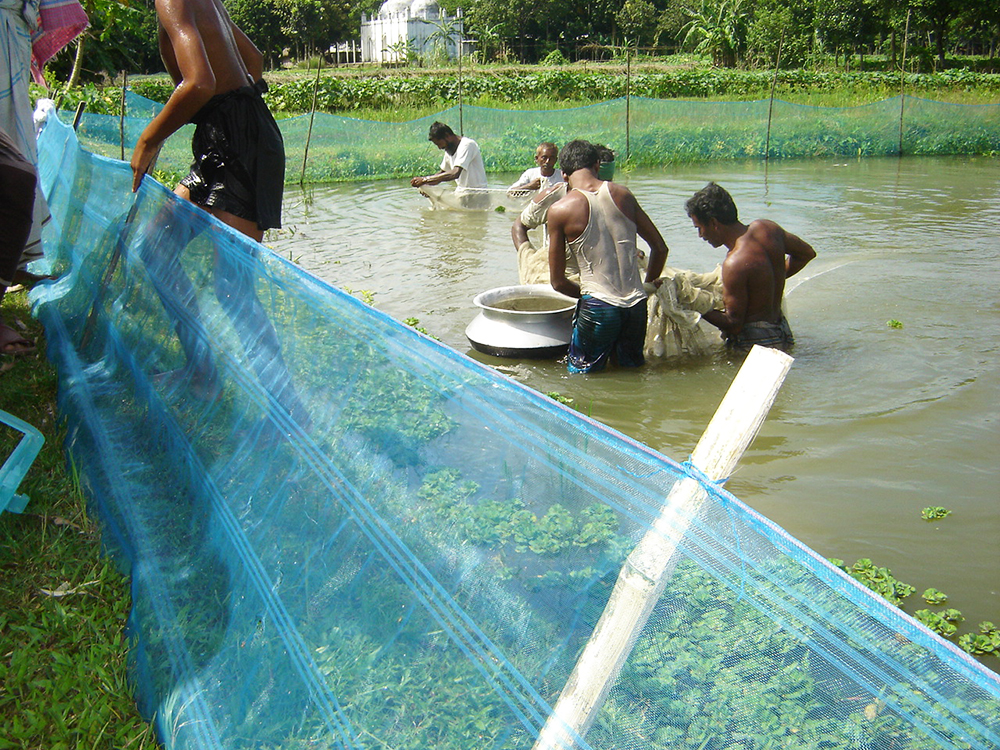
Responsibility
How will climate change impact seafood production?
Much work is needed to properly address and prepare for the potential impacts of climate change, and to continue increasing the contribution of seafood production to feed a growing human population.
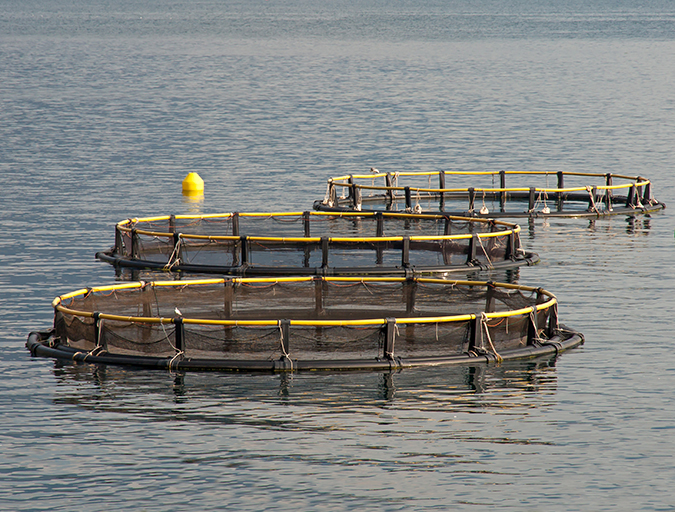
Responsibility
Study: Global mariculture supply at risk without climate action
A study projects that the global mariculture supply may decline 16 percent by 2090 if no climate action is taken.



